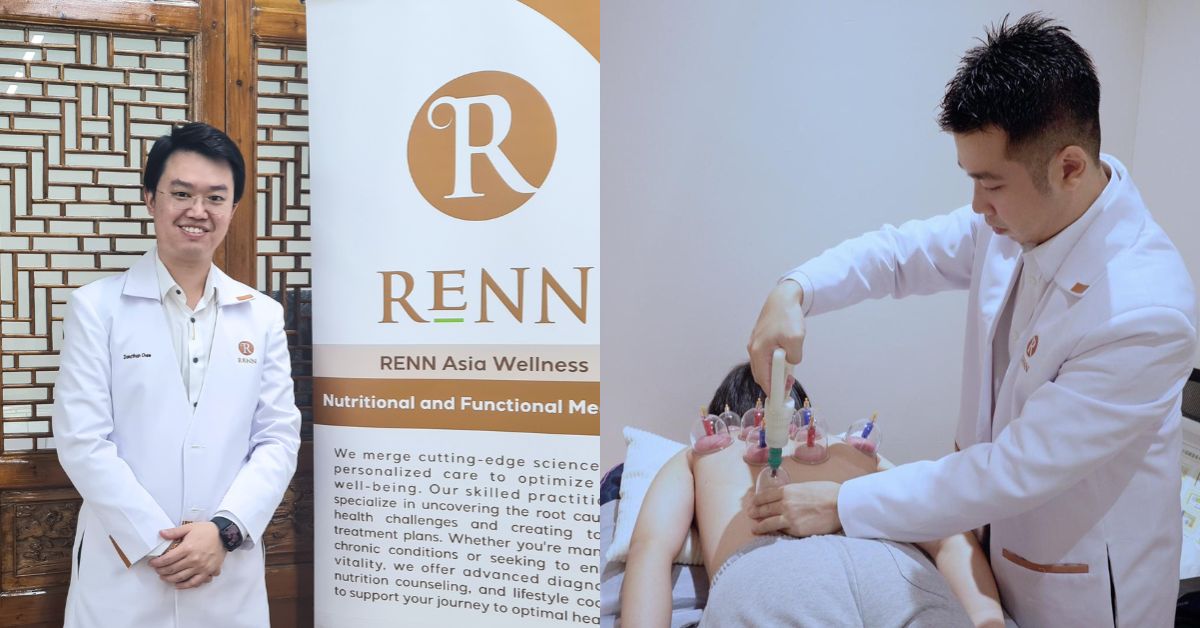[Written in partnership with RENN Asia Wellness, but the editorial team had full control over the content.]
As a kid, I was familiar with natural and complementary medicines, particularly Traditional Chinese Medicine (TCM). If I pulled a muscle or had a persistent cramp, off to the TCM master’s house we would go.
However, growing up in this digital age, I’ve come across a lot of dubious and misleading information surrounding “alternative” medicine. Pseudoscience, if you will.
Things like celebrities’ “magic stickers” that send out “positive vibrations” or cancer-curing crystal water, or something else just as farcical.
Unfortunately, these sorts of practices have become associated with other complementary medicine practices that are much more evidence-based.
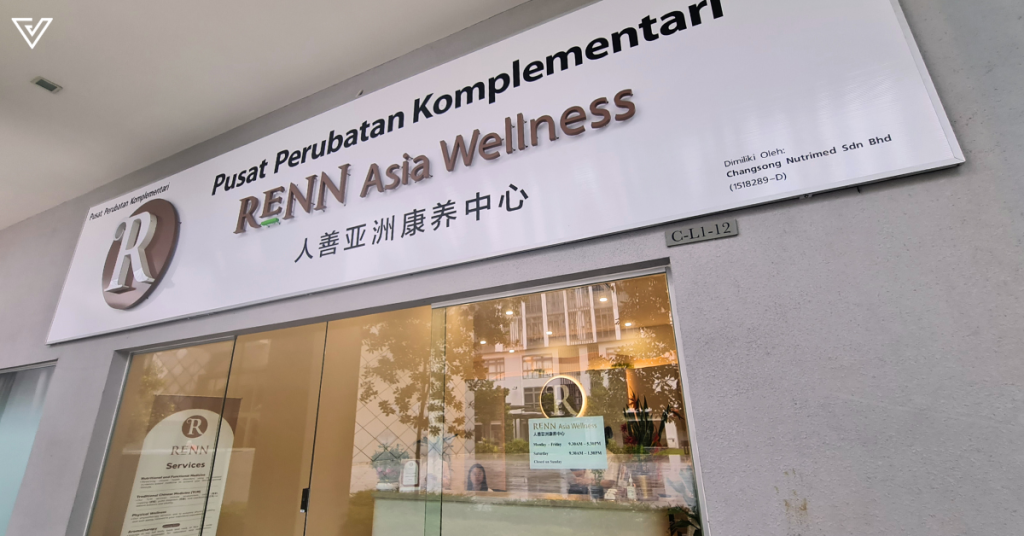
That’s why institutions such as RENN Asia Wellness have emphasised the importance of educating people on the reality of complementary medicine.
Visiting the centre for the first time, I also had a healthy dose of scepticism. Thankfully, the team there was open and willing to address these doubts.
Here are some misconceptions about the field that were debunked during my visit.
Misconception 1: Complementary medicine is not regulated
You might think that anyone can just start a practice and call it “complementary medicine.”
But there are actually many regulatory bodies that ensure complementary medicine providers are following specific laws and regulations.
The several regulations surrounding RENN Asia Wellness’ practice would include:
- The Traditional and Complementary Medicine (T&CM) Act 775
- Allied Health Professionals Act 2016 774
- Food Act 1983
- Control of Drugs and Cosmetics Regulations 1984
“Of all the regulations above, T&CM Act would be the main governing act for RENN Asia Wellness to follow,” said Jonathan Chew, the founder of RENN Asia.
That said, the T&CM Act is still fairly new in Malaysia, and the government has not fully enforced the entire regulation. It is currently in Phase 3.
Misconception 2: Practitioners are just quacks with no qualifications
But just because there are regulations doesn’t mean the practices actually work, though.
“One of the major misconceptions in Malaysia is that natural medicine is often suspected to be quackery, especially if it is touted as a ‘miracle cure’ by high-pressure salesmen with pure commercial interests,” Jonathan himself admitted.
The founder believes that certain MLM and direct-selling companies have been marketing their products using hard sales techniques, claiming that their products would do wonders.
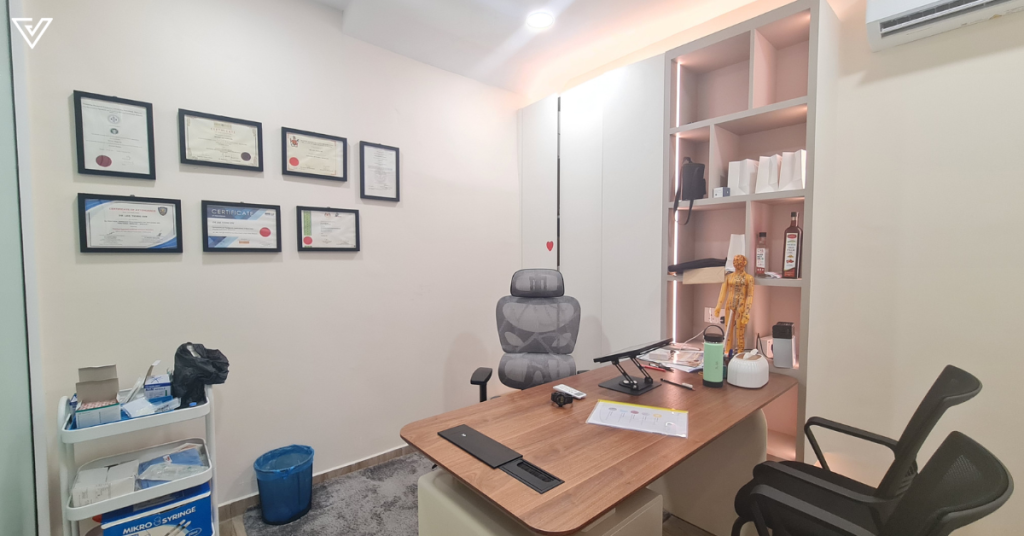
This has spoilt the market and good name of natural medicine for many decades.
“Of course, there are responsible direct-selling and MLM companies doing good work in educating people about traditional and complementary medicine too, but the delinquent few have created the misconceptions till this day,” he pointed out.
To quell these misconceptions, RENN Asia Wellness focuses on evidence-based practices and professionalism. Jonathan also believes that their results will speak for themselves.
Adding to that, RENN Asia ensures that all health practitioners are qualified academically and also hold active membership status with their respective governing professional bodies.
For those recognised practice areas, each health professional will have a registration number from the relevant council within the Ministry of Health. This will ensure that the health practitioners themselves are qualified in their area.
Misconception 3: Natural medicine lacks scientific backing
The belief that natural medicine lacks scientific backing is outdated and oversimplified.
“At RENN Asia Wellness, the modalities we employ are firmly rooted in evidence-based practices, blending modern research with time-tested wisdom,” Jonathan claimed. “Far from being pseudoscientific, natural medicine complements conventional approaches and plays a vital role in holistic healthcare.”
He explained that many modalities, such as nutritional therapy, Traditional Chinese Medicine (TCM), and physiotherapy, are supported by robust clinical research.
For example, acupuncture is validated for pain management (JAMA Internal Medicine, 2012), and omega-3 supplementation is proven to reduce inflammation (Circulation, 2019).
“Natural medicine complements conventional care, addressing root causes and improving patient outcomes. It is not pseudoscience but a scientifically validated, integral part of holistic healthcare,” he argued.
Misconception 4: Natural medicine is only for specific and minor ailments
To me, as legit as some natural or complementary medicine may be, a serious illness is still only treatable by conventional or “Western” medicine.
While it is true that conventional medicine is scientifically backed to address illnesses, Jonathan pointed out that holistic medicine addresses a wide range of health issues by focusing on root causes and treating the individual as a whole.
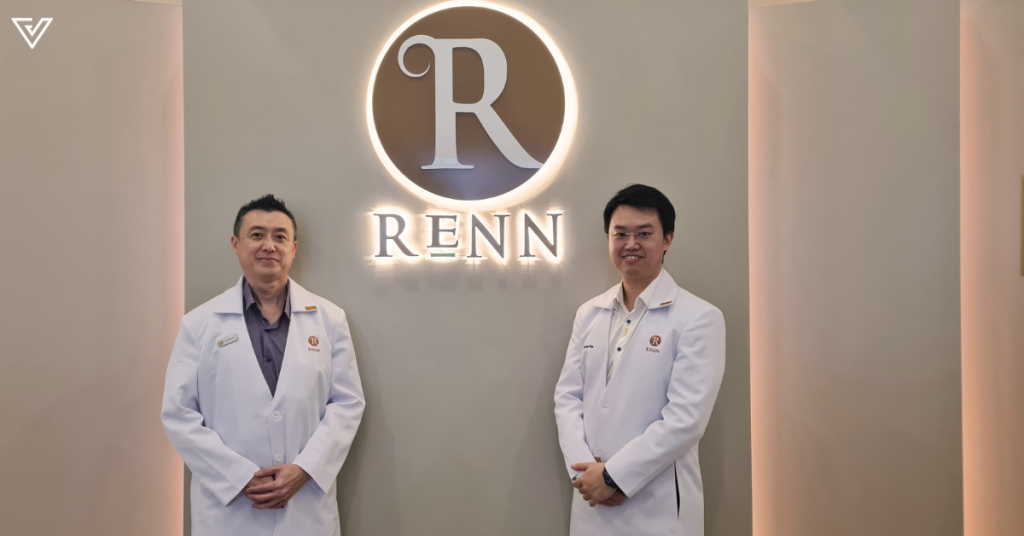
He elaborated, “It uses a multisystem approach, recognising the body’s interconnectedness, and emphasises prevention and optimisation of health.”
Specifically, it involves evidence-based therapies such as nutritional interventions, and herbal medicine.
Jonathan also argues that oftentimes, conventional drug medication usually does not solve or cure certain health disorders at their root. Rather, they tend to control or to manage symptoms, for example, cholesterol/sugar/high blood pressure.
In natural medicine, however, the doctrine is to address root causes, working towards a permanent solution for the client.
“At RENN Asia Wellness, our main focus is providing root-cause solutions rather than just symptomatic relief,” the founder reiterated.
But of course, symptomatic relief is still highly valuable in improving one’s quality of life.
Misconception 5: Complementary medicine is only good for older folks as youngsters don’t need it
Many practices in complementary medicine may seem like they’re designed for the older folk to remain “young.” However, that doesn’t mean that younger individuals cannot benefit from it.
In fact, waiting for the health disorder to worsen and manifest is a conquest that RENN Asia Wellness is fighting against.
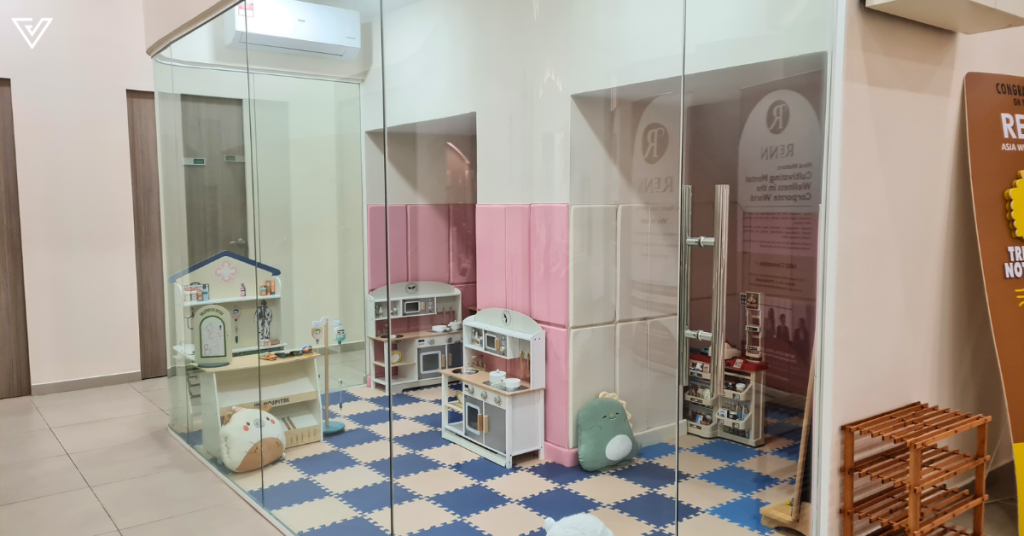
“Prevention is better than cure; this age-old wisdom statement is becoming more real in modern society, where common chronic health disorders are no longer a privilege of the elderly but also the younger generations,” Jonathan reminded.
Misconception 6: It’s only for the wealthy
Of course, it does seem like a good idea to get a head start on our health. The fact remains, though, that many of us may not have the money set aside for it.
In their effort to offer health sustainability, RENN Asia recognises that price is a huge factor.
To that end, Jonathan shared that RENN Asia strives to keep pricing competitive within the average range of the market, making it highly accessible to a wide range of clients while maintaining operational profitability.
“One of the advantages of complementary medicine is that the practice does not need to invest in high-tech equipment that will cost millions of dollars, which in return will be borne by the consumer,” he added.
Misconception 7: Complementary medicine goes against one another, as well as conventional medicine
“This is entirely a myth,” Jonathan said to the above. “The word ‘complementary’ means to complement any existing treatment.”
He shared that each medical modality—such as TCM or physiotherapy—has its own merits and demerits. Claiming which is superior isn’t helpful.
“True health comes from a holistic blend of natural, traditional, and conventional medicine,” he said. “By combining the best of each of these, only then can we provide the best care for every individual in society.”
With these misconceptions quelled, hopefully more will consider complementary medicine as a way to improve their wellbeing.
- Learn more about RENN Asia Wellness here.
- Read other articles we’ve written about Malaysian startups here.
Featured Image Credit: Vulcan Post / RENN Asia Wellness via Islamic Tourism Month 2024
link

